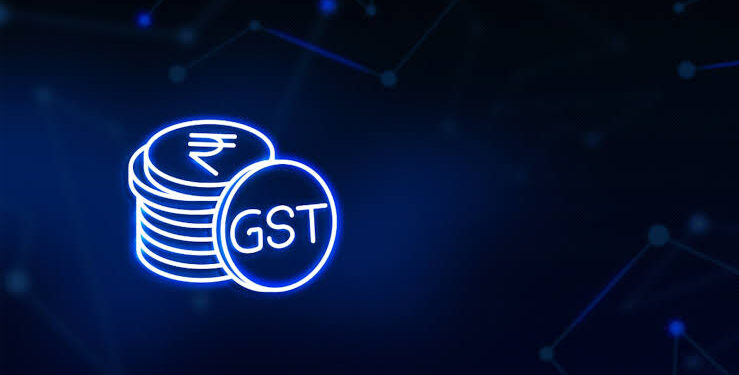The 58th GST Council meeting, chaired by Union Finance Minister Nirmala Sitharaman, begins today, focusing on sweeping reforms including rate cuts for 175 items and rationalisation of the existing four-tier GST structure into two main slabs.
Officials indicate that essential goods like toothpaste, soaps, talcum powder, butter, cheese, and ready-to-eat foods may move to a 5% GST slab, while consumer electronics such as TVs, ACs, refrigerators, and washing machines could fall under an 18% slab. Cement is also expected to see a reduction from 28% to 18%.
Small petrol and hybrid cars could benefit from an 18% GST, down from 28%, while luxury and high-value items—cars above ₹50 lakh, tobacco, and certain two-wheelers—may face a 40% “sin/luxury” slab to maintain revenue neutrality. The Council will also consider rationalising GST to reduce compliance burdens, address inverted duty structures, and potentially compensate states via a ₹40,000–50,000 crore cess surplus.
Industry watchers expect the reforms to boost consumer goods, small cars, and two-wheeler sales while providing a simplified framework for businesses and easing administrative challenges.





























